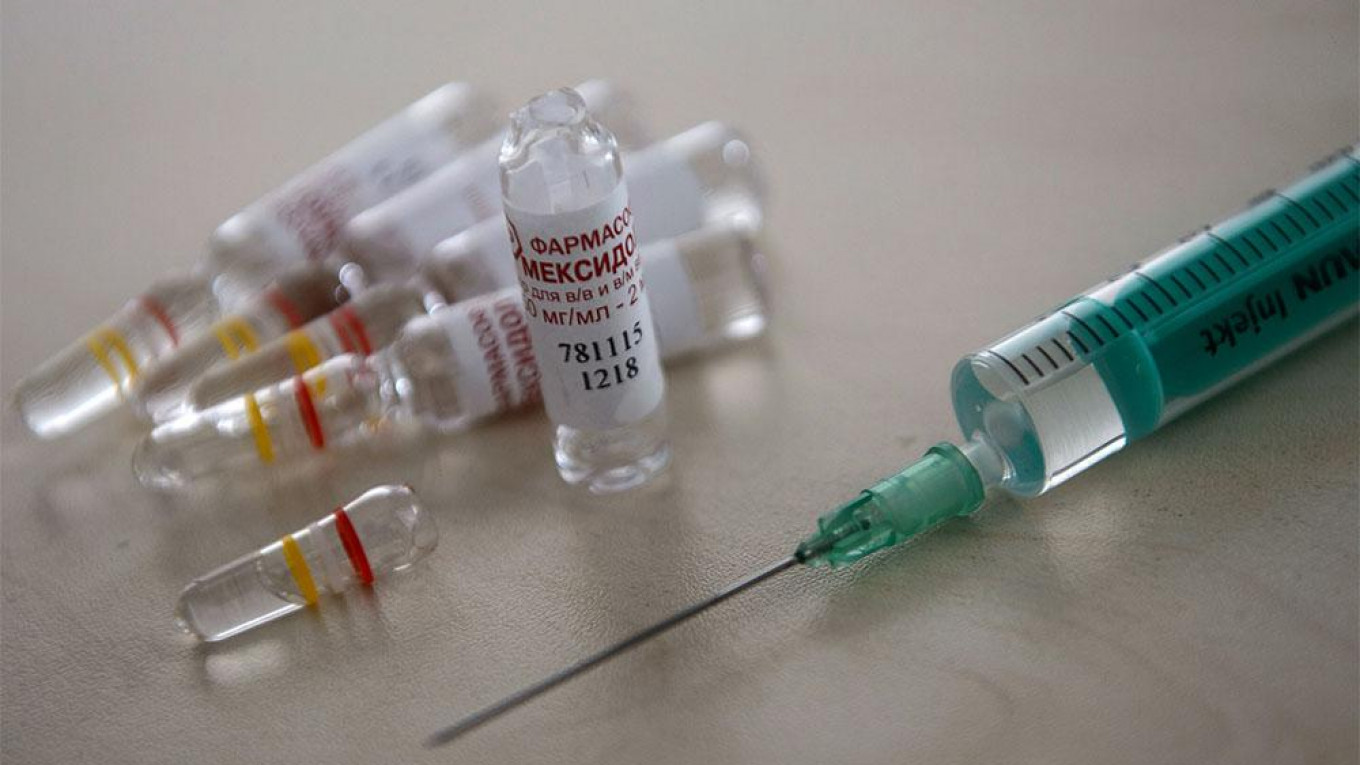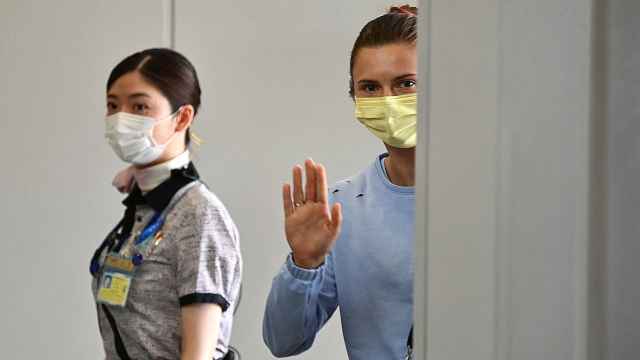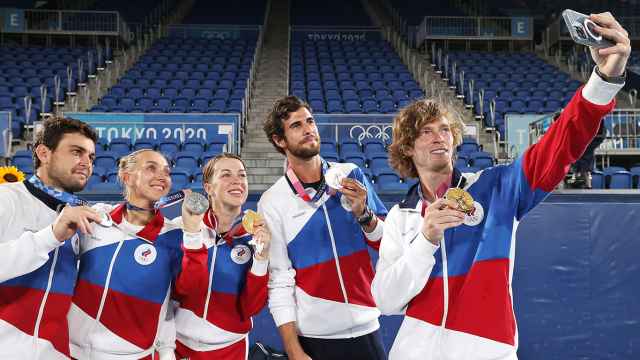Sales of the meldonium performance-enhancing drug grew in Russia this year after several celebrity athletes have been implicated in doping scandals linked to the substance.
The news of the jump in sales comes one day after the International Olympic Committee (IOC) ruled to ban Russia’s entire Olympic team from participating in the 2018 Winter Games.
The World Anti-Doping Agency (WADA) banned meldonium in January 2016, but more than 100 Russian athletes tested positive for the drug after the ban took effect, including tennis star Maria Sharapova.
“Many people learned about meldonium after last year’s scandal,” a marketing specialist told RIA Novosti. “This year, sales have continued to grow.”
Russian sales of the substance reportedly grew by 20 percent between January and August of this year.
A Message from The Moscow Times:
Dear readers,
We are facing unprecedented challenges. Russia's Prosecutor General's Office has designated The Moscow Times as an "undesirable" organization, criminalizing our work and putting our staff at risk of prosecution. This follows our earlier unjust labeling as a "foreign agent."
These actions are direct attempts to silence independent journalism in Russia. The authorities claim our work "discredits the decisions of the Russian leadership." We see things differently: we strive to provide accurate, unbiased reporting on Russia.
We, the journalists of The Moscow Times, refuse to be silenced. But to continue our work, we need your help.
Your support, no matter how small, makes a world of difference. If you can, please support us monthly starting from just $2. It's quick to set up, and every contribution makes a significant impact.
By supporting The Moscow Times, you're defending open, independent journalism in the face of repression. Thank you for standing with us.
Remind me later.






